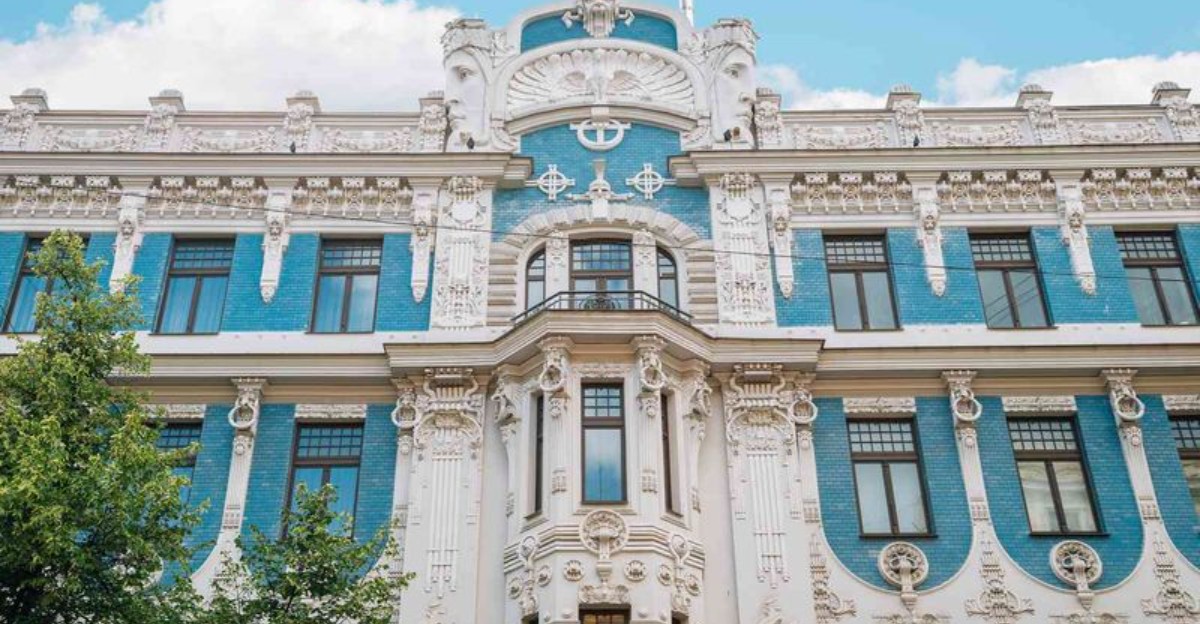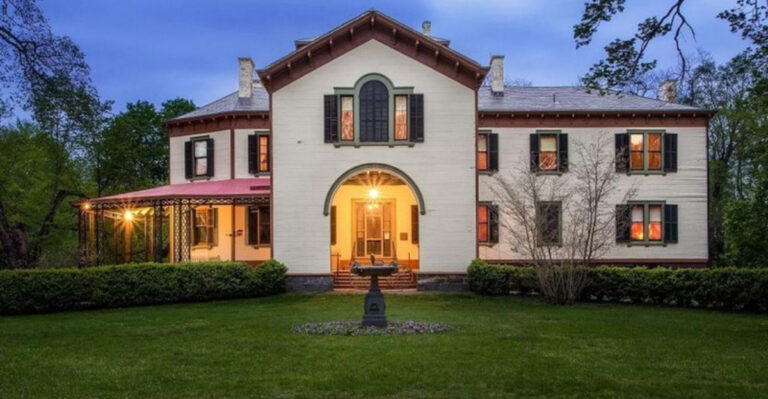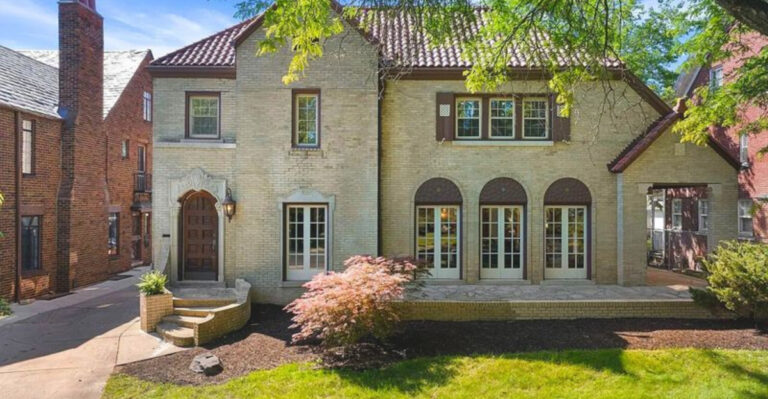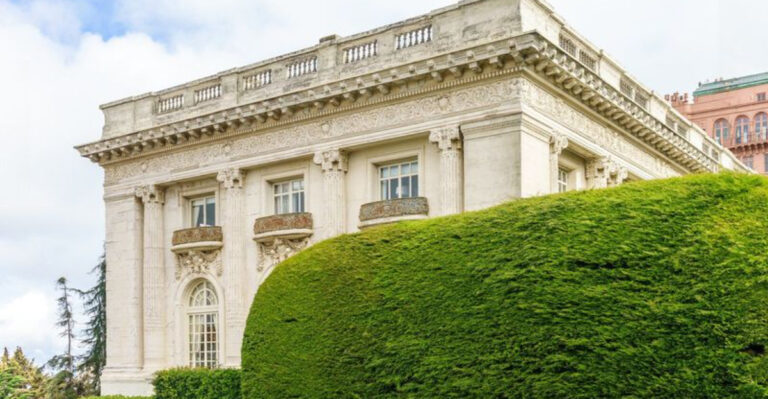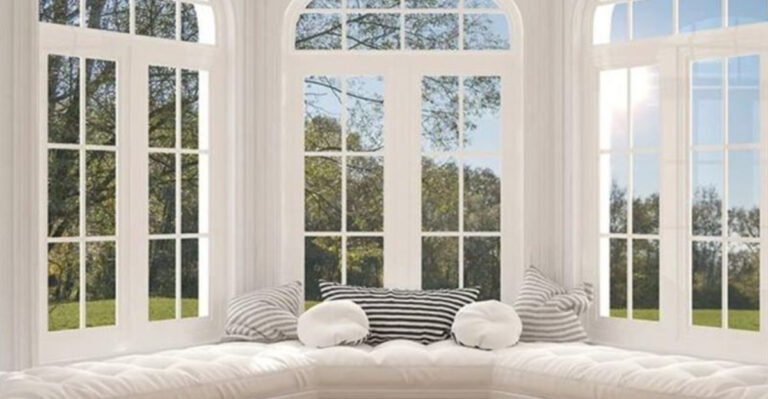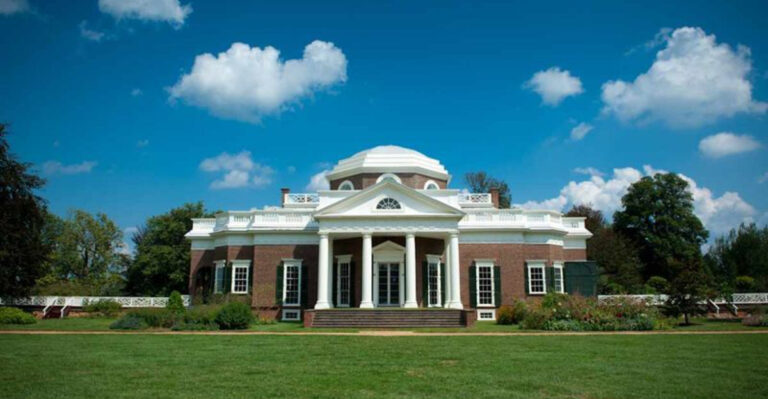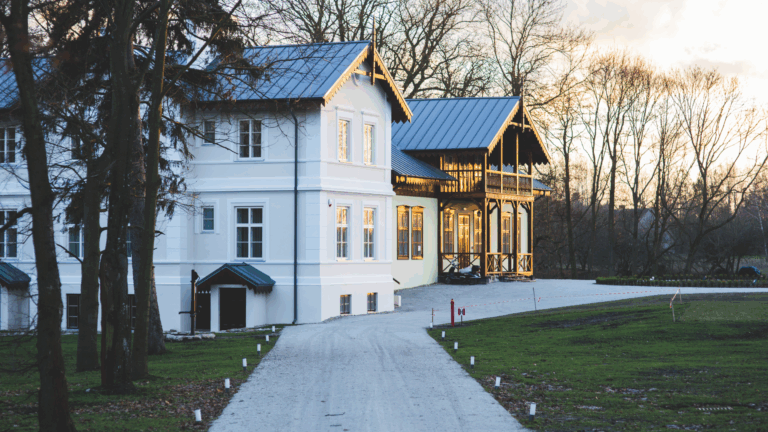20 Differences Between Art Nouveau and Art Deco, The Biggest 20th-Century Design Movements
Explore the dynamic contrasts between Art Nouveau and Art Deco, two of the most influential design movements of the 20th century. While both styles captivate with their unique philosophies and aesthetics, they diverge in thrilling ways, from organic curves to geometric precision.
Join us on a visual journey that unravels the intricate tapestry of these iconic styles. Perfect for anyone looking to impress with design savvy.
1. Nature vs. Machine
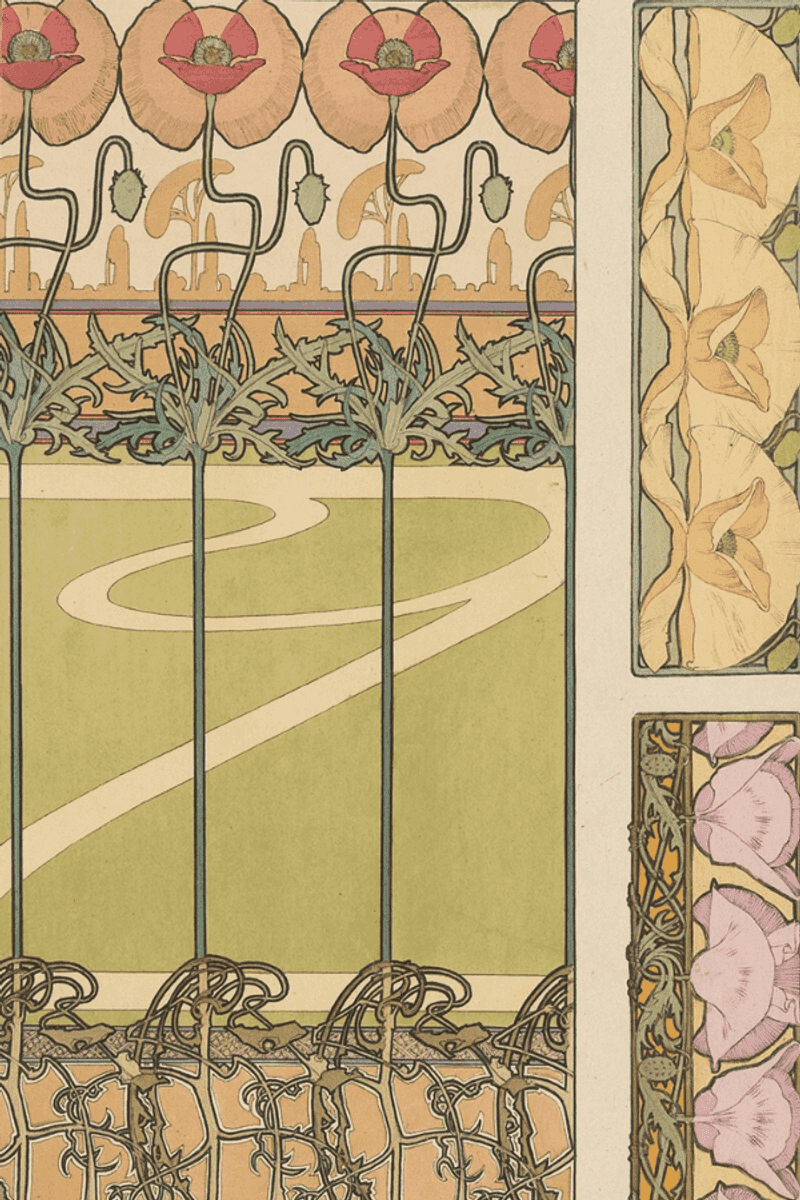
Art Nouveau bends like a vine, chasing the rhythm of leaves and flowers. It draws from the natural world, enveloping spaces with flowing forms.
Art Deco punches in with metal, glass, and gears—built for speed and skyscrapers. With its mechanical edge, it stands bold and glamorous, a testament to the industrial age.
2. Curves vs. Angles
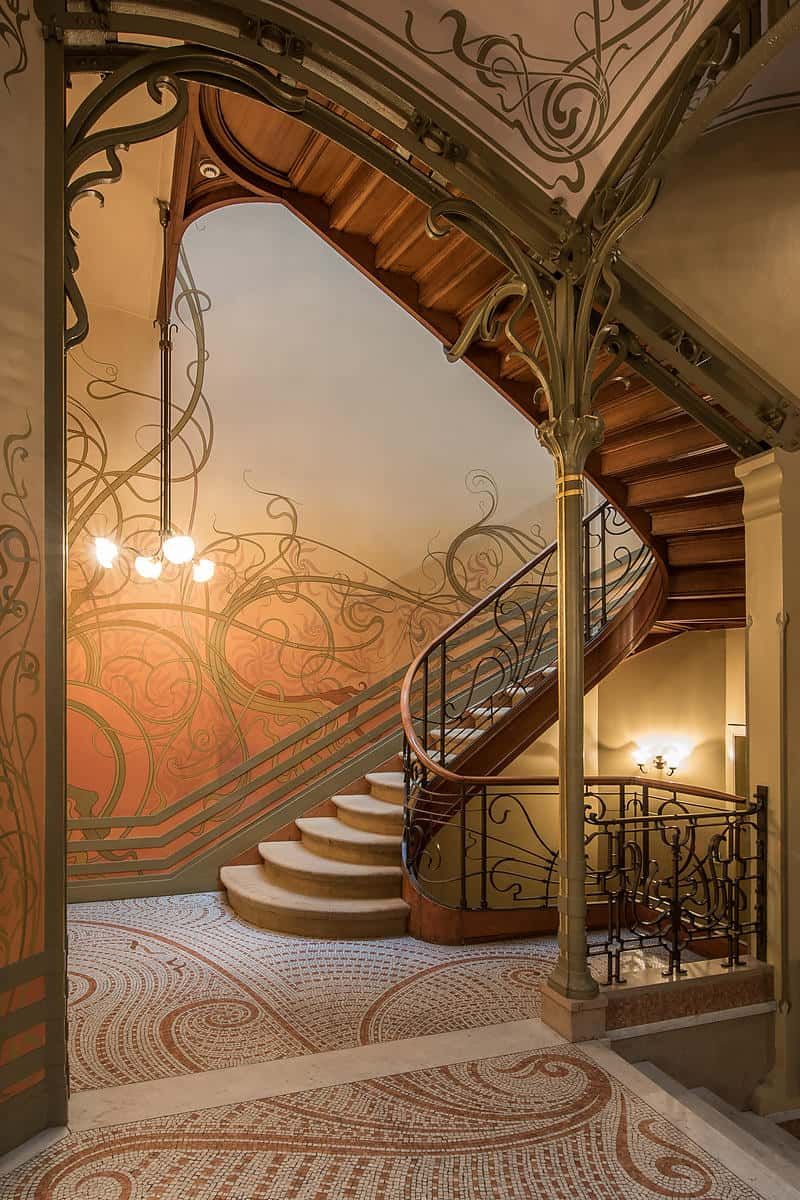
One swirls and twines like smoke in sunlight, embodying the elegance of curves. Art Nouveau dances with lines that seem to grow organically.
The other stacks lines, fans, and symmetry into bold architectural confidence. Art Deco thrives on angularity, making every corner a statement of modern precision.
3. Timeframe: 1890s–1910s vs. 1920s–30s
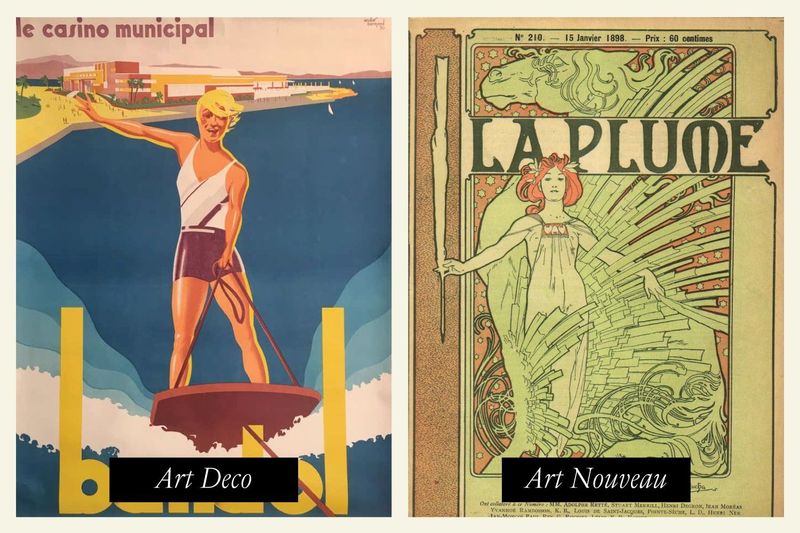
Art Nouveau blossoms at the turn of the 20th century, a child of the 1890s to 1910s. It reflects the optimism of a new era, soaked in romanticism.
Art Deco emerges in the Roaring Twenties and thrives through the 1930s, capturing the spirit of jazz and progress. It’s the design of a world rushing forward.
4. Materials: Wrought Iron vs. Chrome
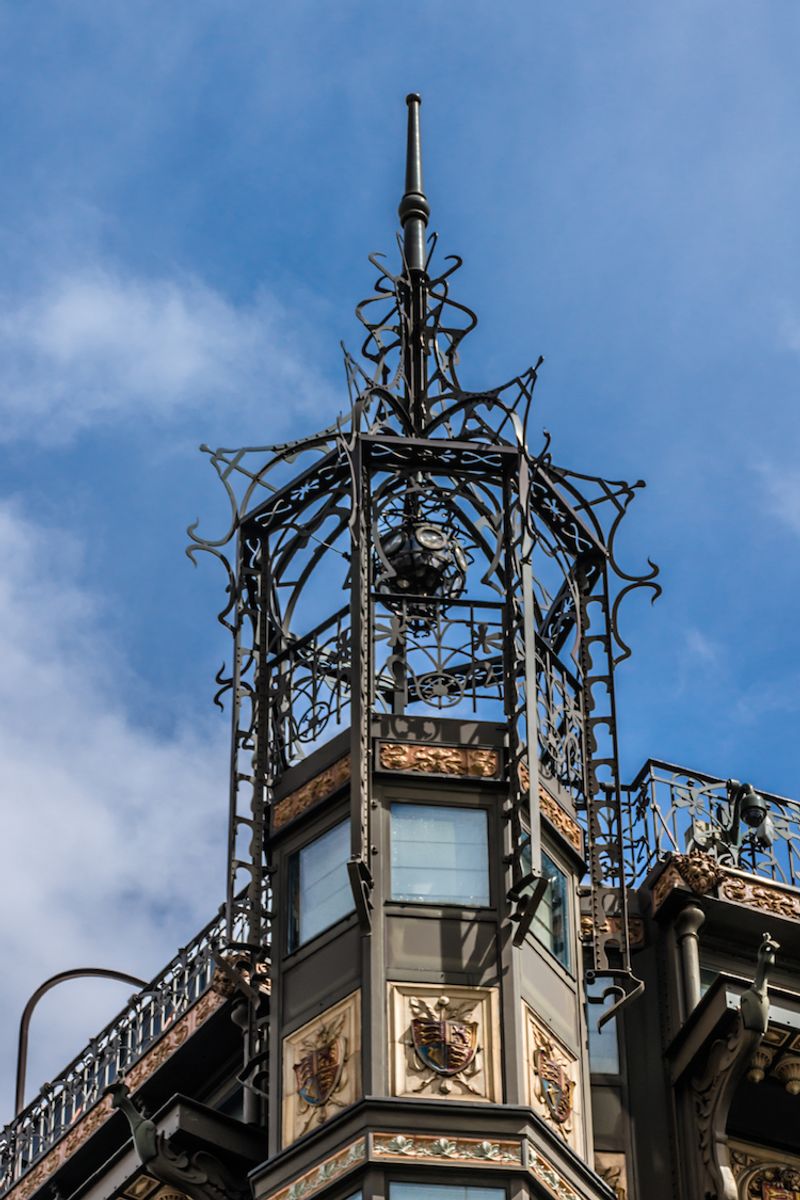
In Art Nouveau, wrought iron twists into art, heavy and detailed. It brings a hand-forged touch to architecture, speaking of craftsmanship.
Art Deco loves chrome, celebrating its reflective, futuristic sheen. Sleek and modern, chrome epitomizes Deco’s embrace of new technology and materials.
5. Motifs: Flora/Fauna vs. Sunbursts, Zigzags
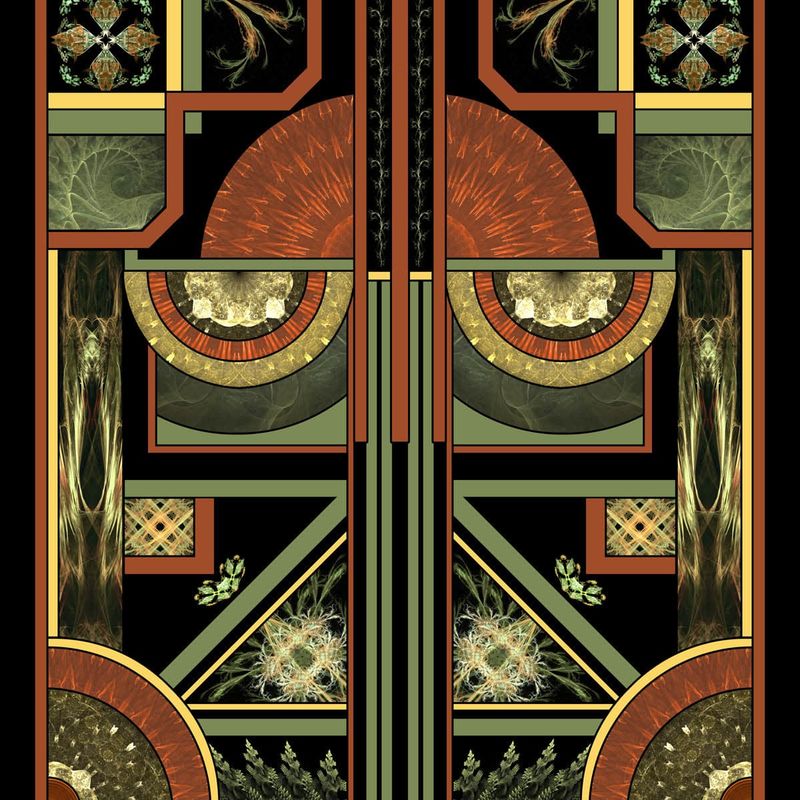
Art Nouveau flourishes with flora and fauna, bringing nature’s beauty indoors. Its motifs are an ode to organic life.
Art Deco bursts with sunbursts and zigzags, capturing movement and energy. These motifs are bold, geometric expressions of modernity’s excitement.
6. Color Palettes: Soft Pastels vs. Bold Contrasts
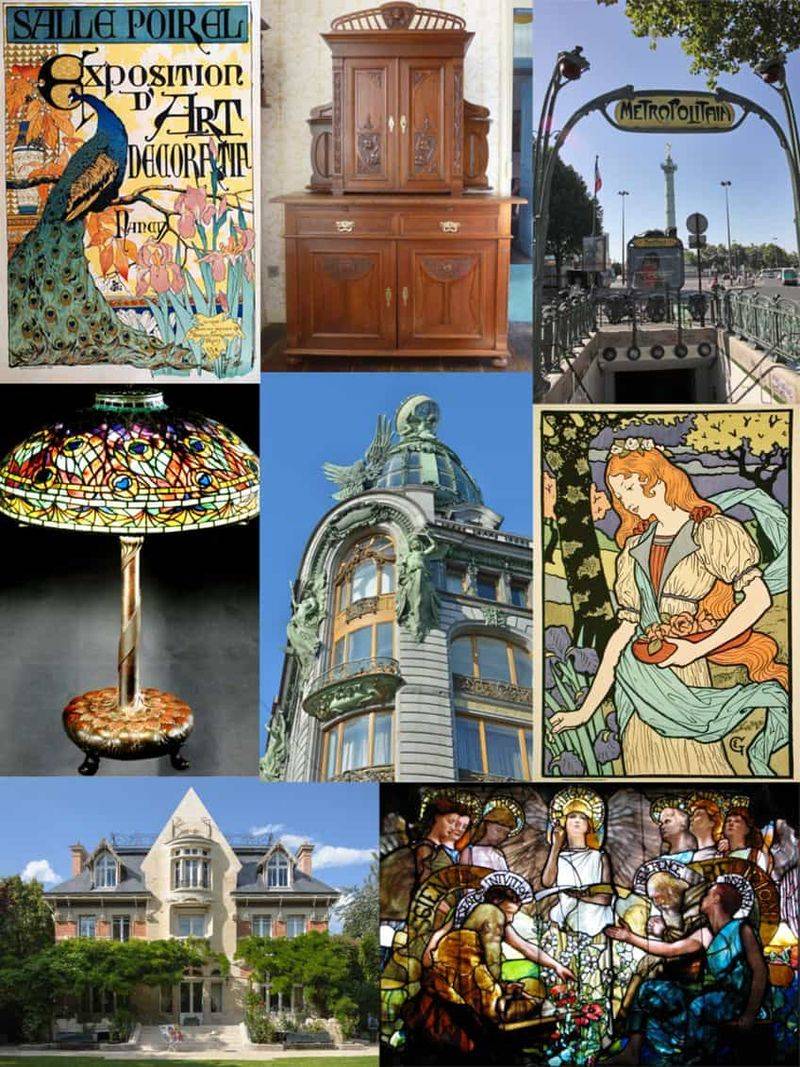
Soft pastels paint the world of Art Nouveau, a gentle whisper of color. Its palette soothes, offering a dreamy, ethereal quality.
Art Deco embraces bold contrasts, shouting with vibrant hues. Its colors strike, daring and luxurious, speaking to an age unafraid of opulence.
7. Cultural Influences: Japanese Woodcuts vs. Cubism and Egyptology
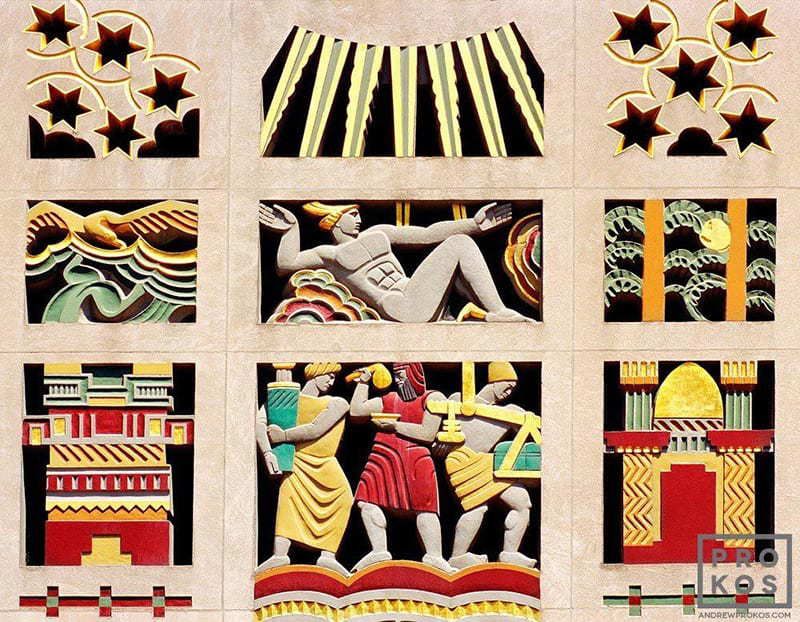
Japanese woodcuts inspire Art Nouveau, their delicate lines and simplicity a guiding light. This influence flows into intricate, nature-inspired designs.
Art Deco drinks from Cubism and Egyptology, its forms abstract and symbolic. The fascination with pharaohs and modern art movements shapes its striking identity.
8. Architecture: Organic Structures vs. Skyscrapers
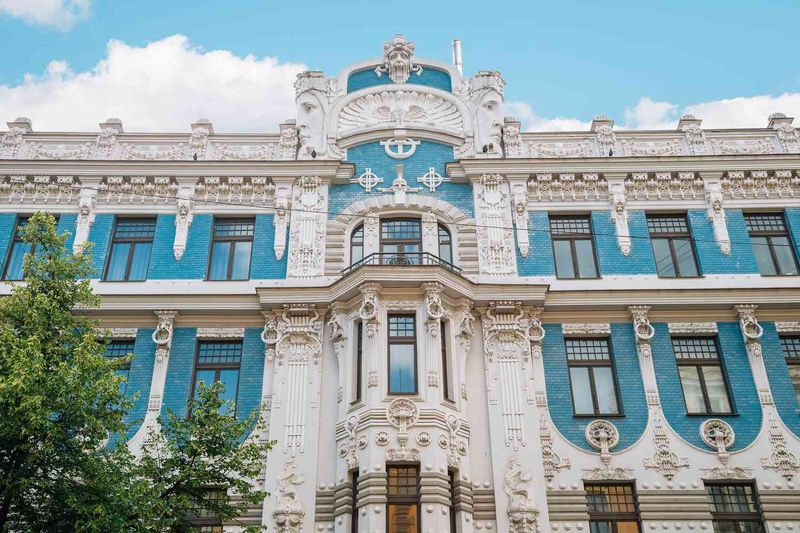
Art Nouveau architecture flows like nature itself, with organic structures that breathe and grow. Buildings become living entities, full of grace.
Art Deco reaches for the skies, its skyscrapers monuments to human ambition. Streamlined and sleek, they represent the forward march of civilization.
9. Jewelry: Nature-Inspired vs. Geometric Glamour
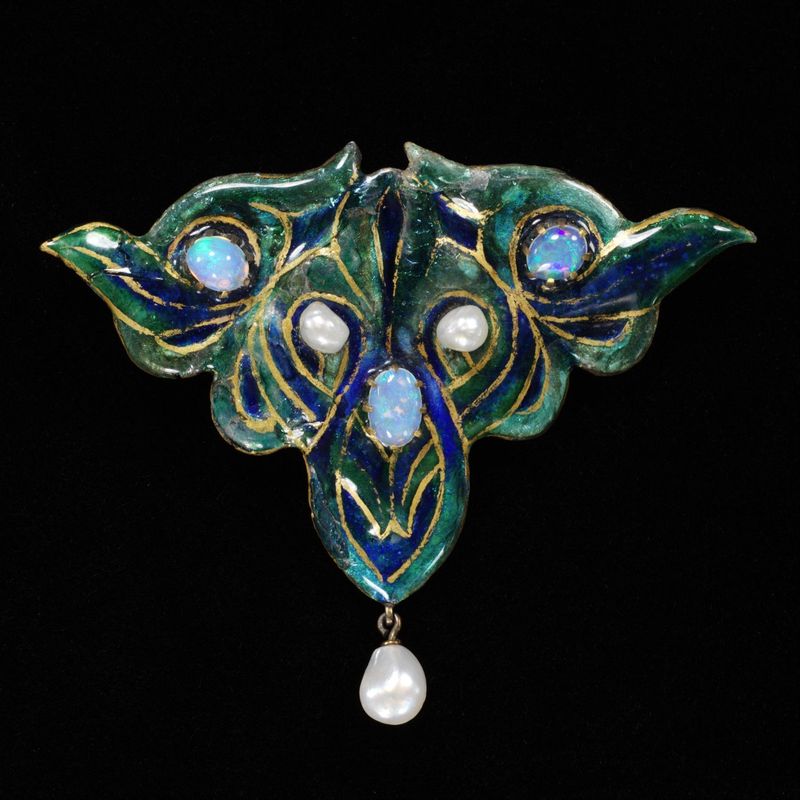
Art Nouveau jewelry wraps nature around the neck and wrist, with designs inspired by leaves, flowers, and vines. Every piece whispers of the earth.
Art Deco jewelry glistens with geometric glamour, sharp angles catching the light. It’s about opulence, luxury, and the cutting edge of fashion.
10. Graphic Design: Flowing Lines vs. Streamlined Forms
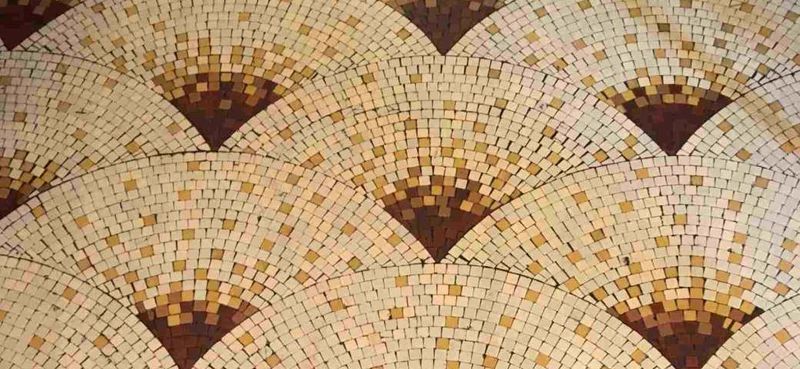
Flowing lines dance across Art Nouveau graphic design, with elegance in every curve. It’s a celebration of beauty and complexity.
Art Deco graphic design is streamlined, efficient, and bold, with forms that command attention. Clarity and impact define its visual language.
11. Furniture: Ornate Craftsmanship vs. Sleek Sophistication
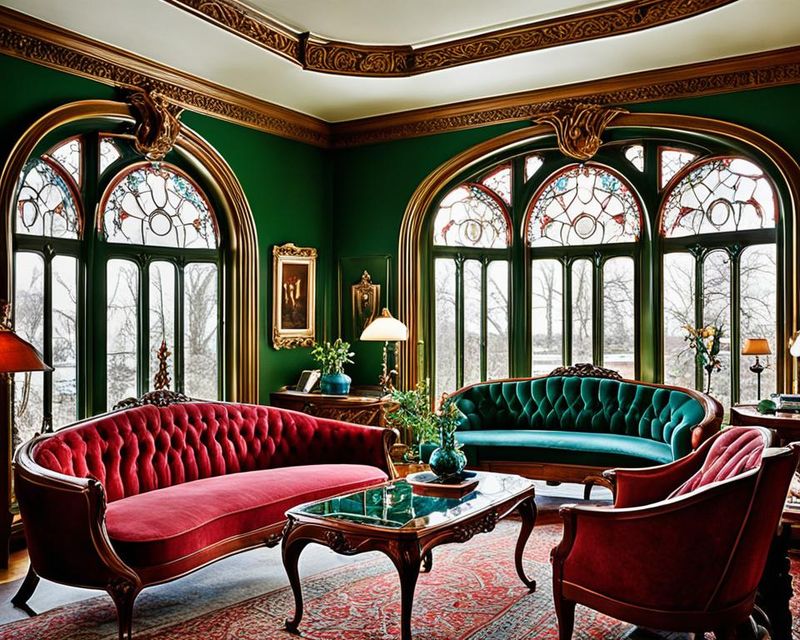
Furniture in Art Nouveau weaves craftsmanship into art, with ornate details and organic motifs. Each piece is a testament to the artisan’s skill.
Art Deco furniture exudes sleek sophistication, with minimalist lines and luxurious materials. Practicality meets beauty in a dance of modernism.
12. Lighting: Whimsical Fixtures vs. Dramatic Elegance
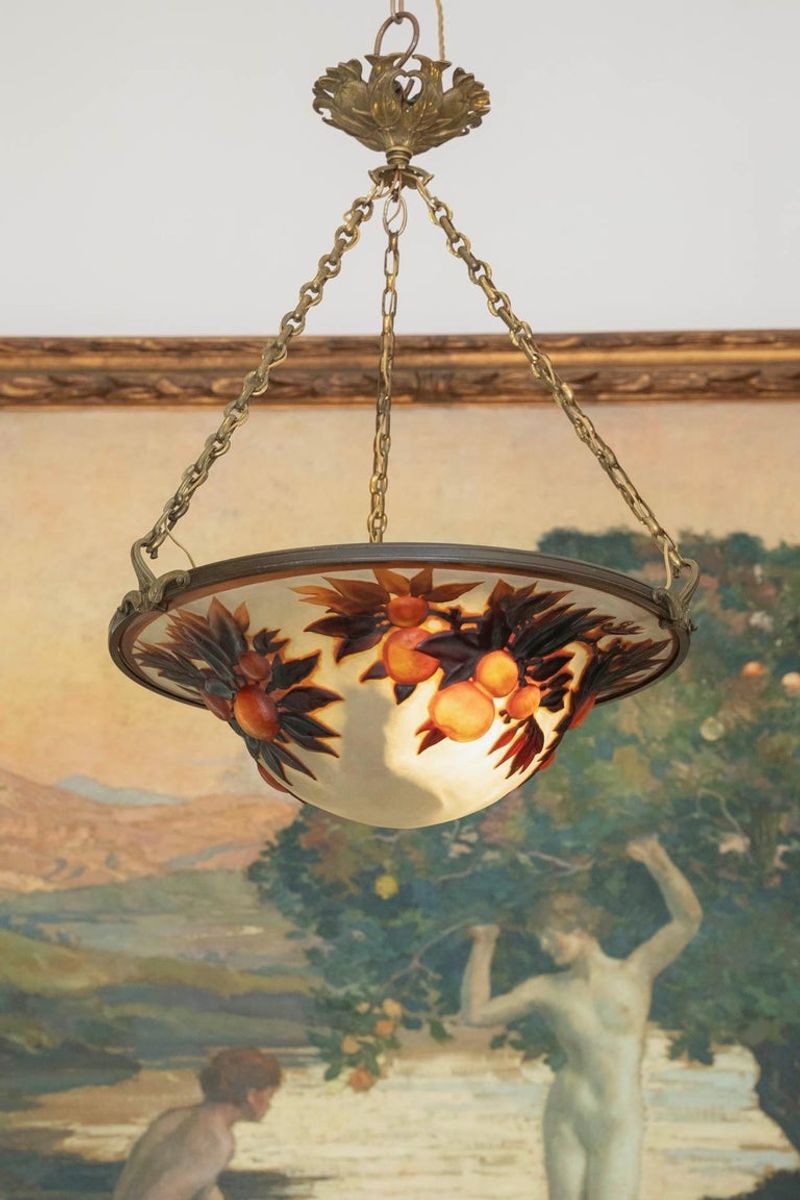
Light fixtures in Art Nouveau are whimsical, organic wonders with curves that enchant. They bring a touch of magic to illumination.
Art Deco lighting dazzles with dramatic elegance, a statement in geometry and illumination. Each piece casts light and shadow in bold, exciting ways.
13. Philosophy: Romanticism vs. Modernism
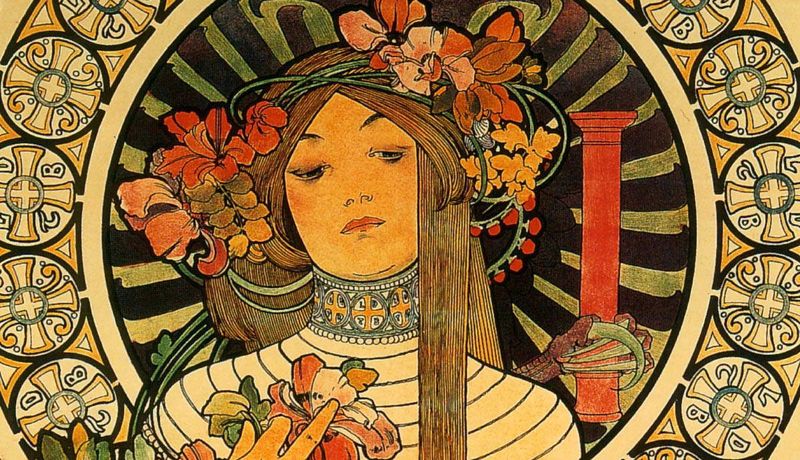
Art Nouveau is the romantic’s dream, celebrating the beauty of nature and the human spirit. It seeks to capture the world in its most poetic form.
Art Deco embraces modernism, reveling in progress, power, and the machine age. It’s about looking forward, breaking away from tradition.
14. Textiles: Intricate Patterns vs. Bold Prints
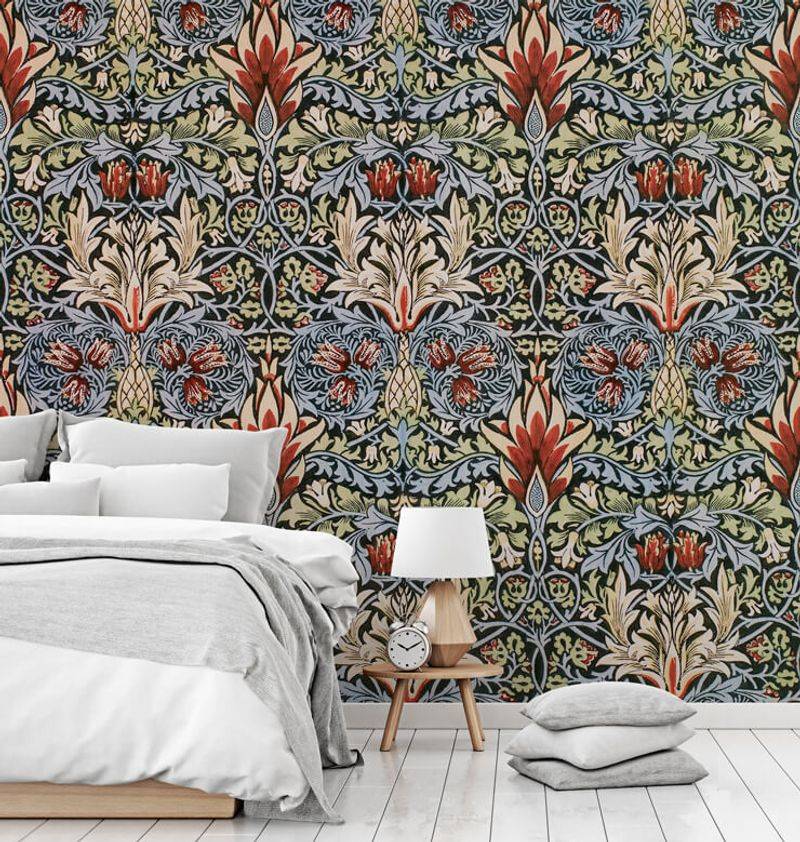
Intricate patterns adorn Art Nouveau textiles, weaving stories in threads. They invite the eye to explore every detail.
Art Deco textiles make a statement with bold prints, catching attention with their stark designs. Each pattern is a celebration of the modern world.
15. Glasswork: Organic Stained Glass vs. Geometric Patterns
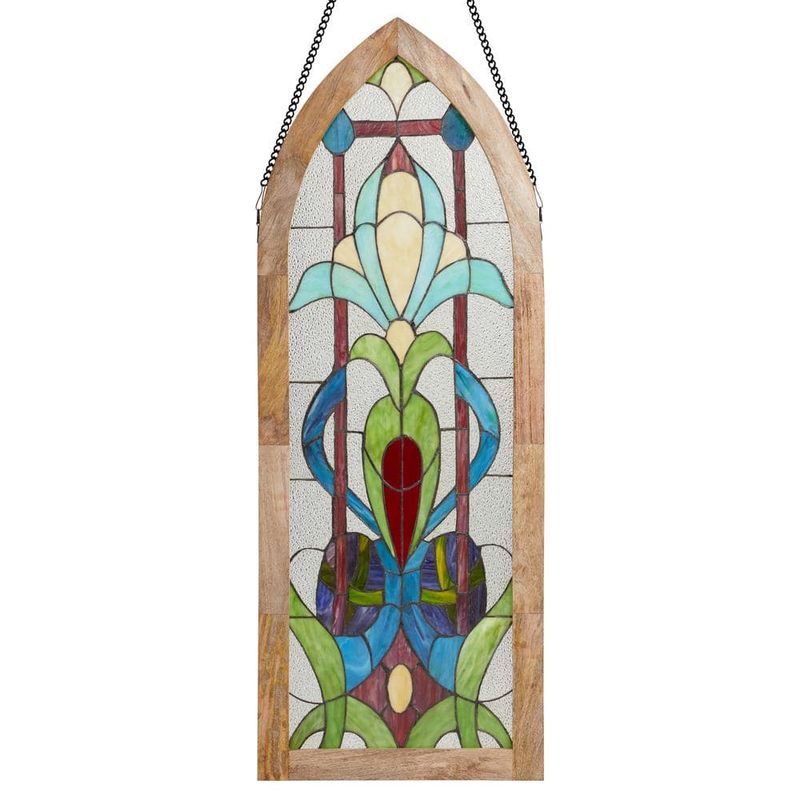
Art Nouveau glasswork flows like liquid color, with organic stained glass that transforms light into art. Nature’s influence shines through every pane.
Art Deco glasswork celebrates geometry, with patterns that reflect precision and innovation. Light dances through angles, vibrant and alive.
16. Fashion: Flowing Fabrics vs. Tailored Silhouettes
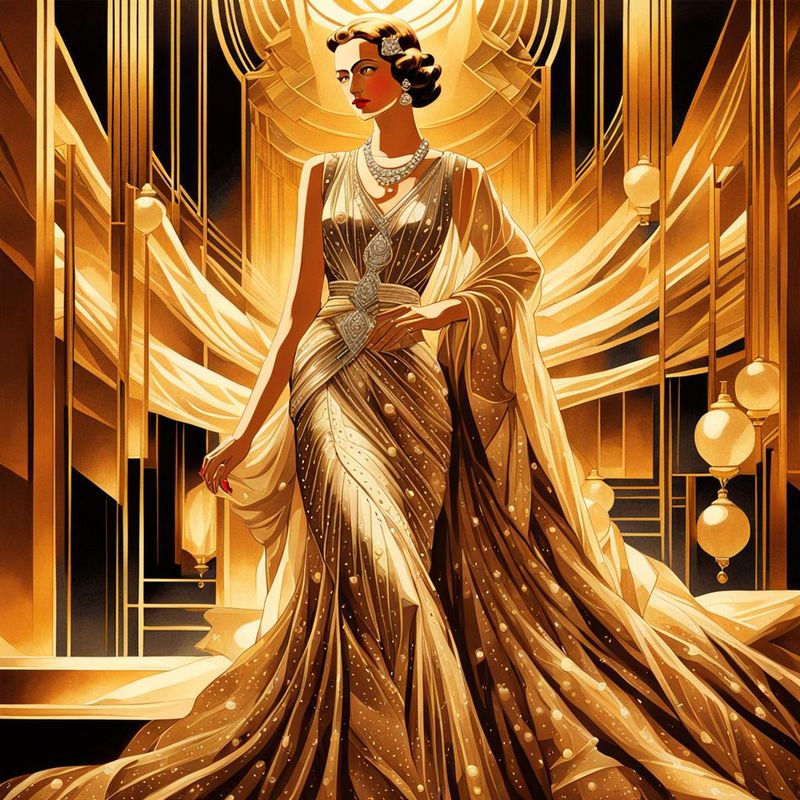
Flowing fabrics in Art Nouveau fashion drape the body like a gentle breeze. Each garment is a symphony of movement and grace.
Art Deco fashion offers tailored silhouettes, sharp and elegant. It’s about making a statement of confidence and style, fit for the modern era.
17. Interior Design: Nature’s Embrace vs. Urban Chic
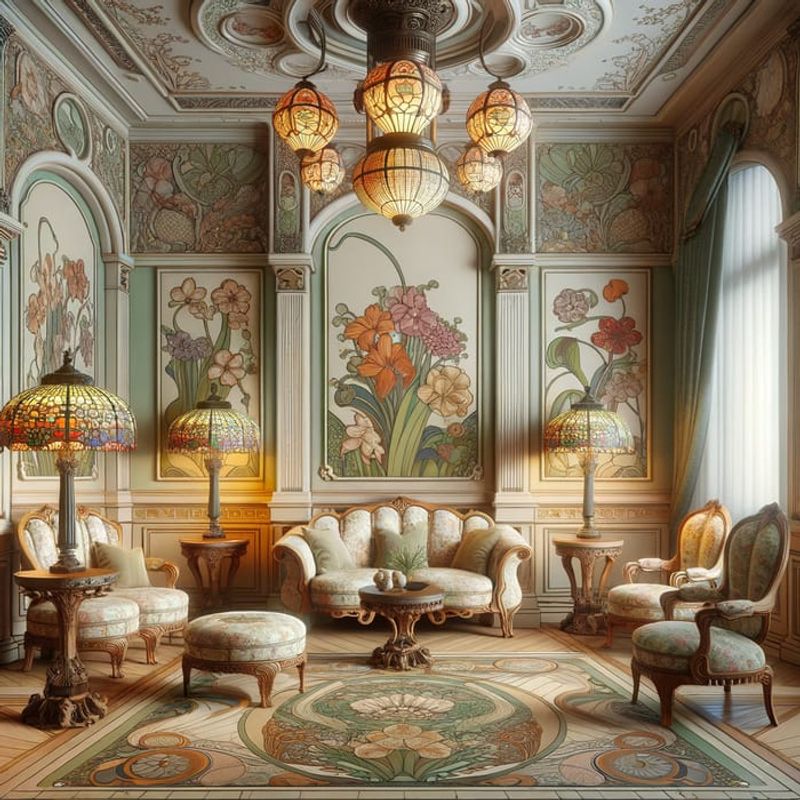
Art Nouveau interiors embrace nature, filling spaces with organic forms and natural light. It’s a sanctuary of tranquility and beauty.
Art Deco interiors are urban chic, with sleek lines and luxurious touches. They reflect a city’s pulse, vibrant and sophisticated.
18. Sculpture: Fluid Forms vs. Geometric Precision
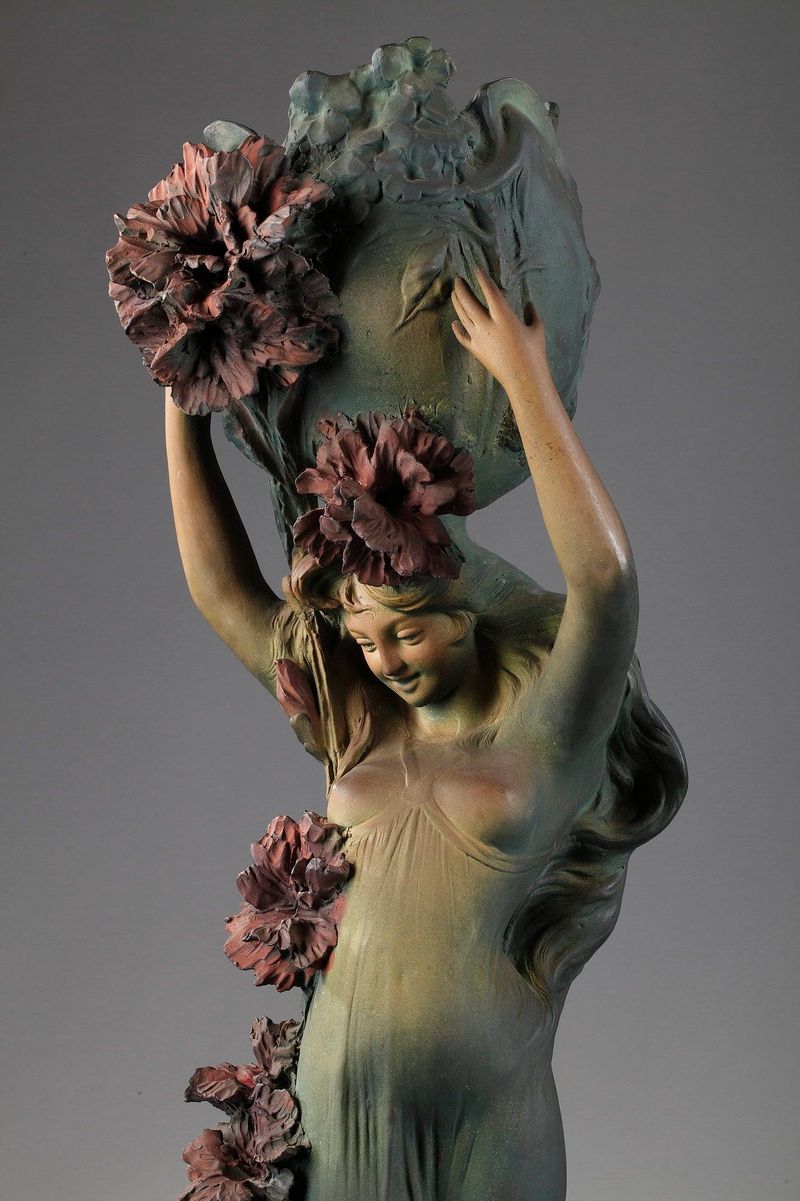
Fluid forms define Art Nouveau sculpture, capturing the essence of the living world. Each piece is a dance of line and form.
Art Deco sculpture celebrates geometric precision, with crisp lines and bold shapes. Modernity and abstraction come alive in every creation.
19. Printmaking: Detailed Lithographs vs. Stylized Posters
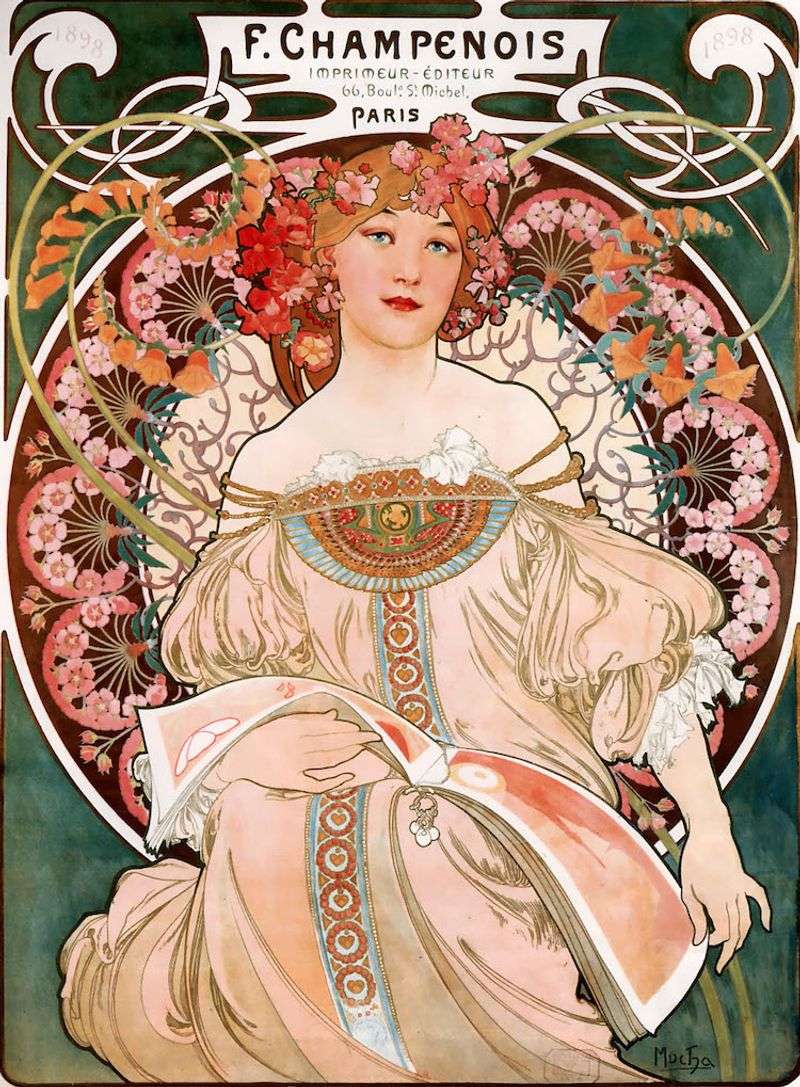
Detailed lithographs in Art Nouveau capture fine lines and subtle shadows, echoing nature’s intricacies. They tell stories with each stroke.
Art Deco posters are stylized, bold, and graphic, designed to catch the eye and convey modernity. They speak in bold colors and shapes.
20. Ceramics: Organic Earthenware vs. Streamlined Porcelain
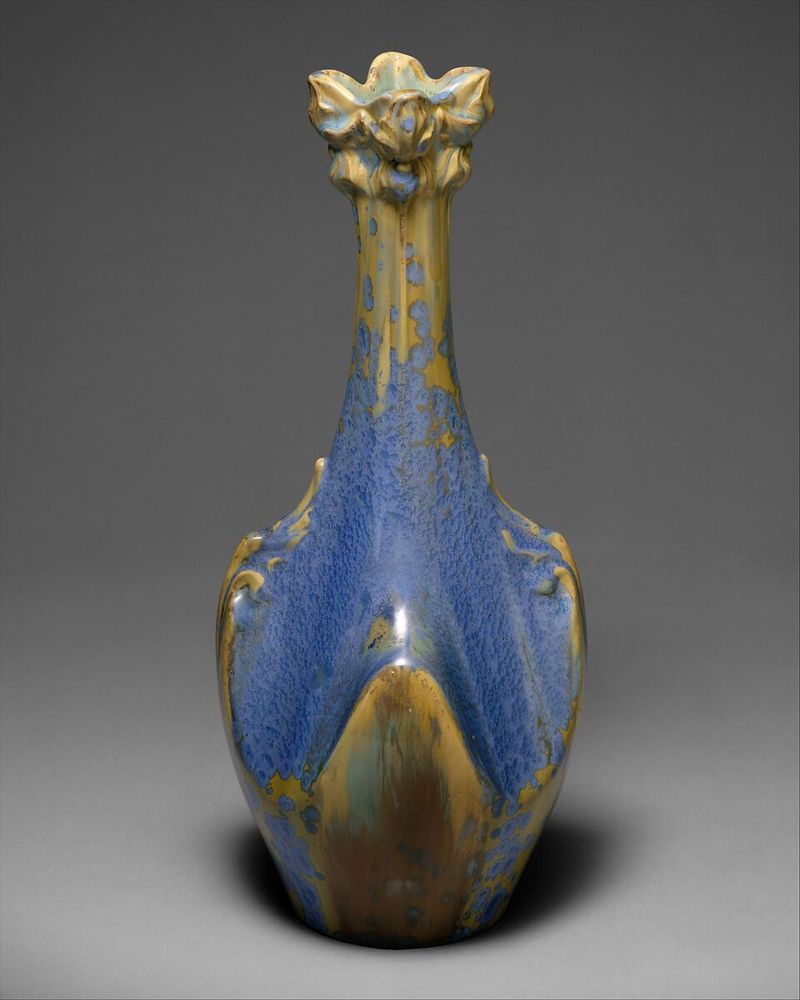
Art Nouveau ceramics celebrate the earth, with organic earthenware that feels alive. Nature’s touch is in every curve.
Art Deco ceramics are streamlined and elegant, often in porcelain, a testament to craftsmanship and style. They reflect the age of innovation.

